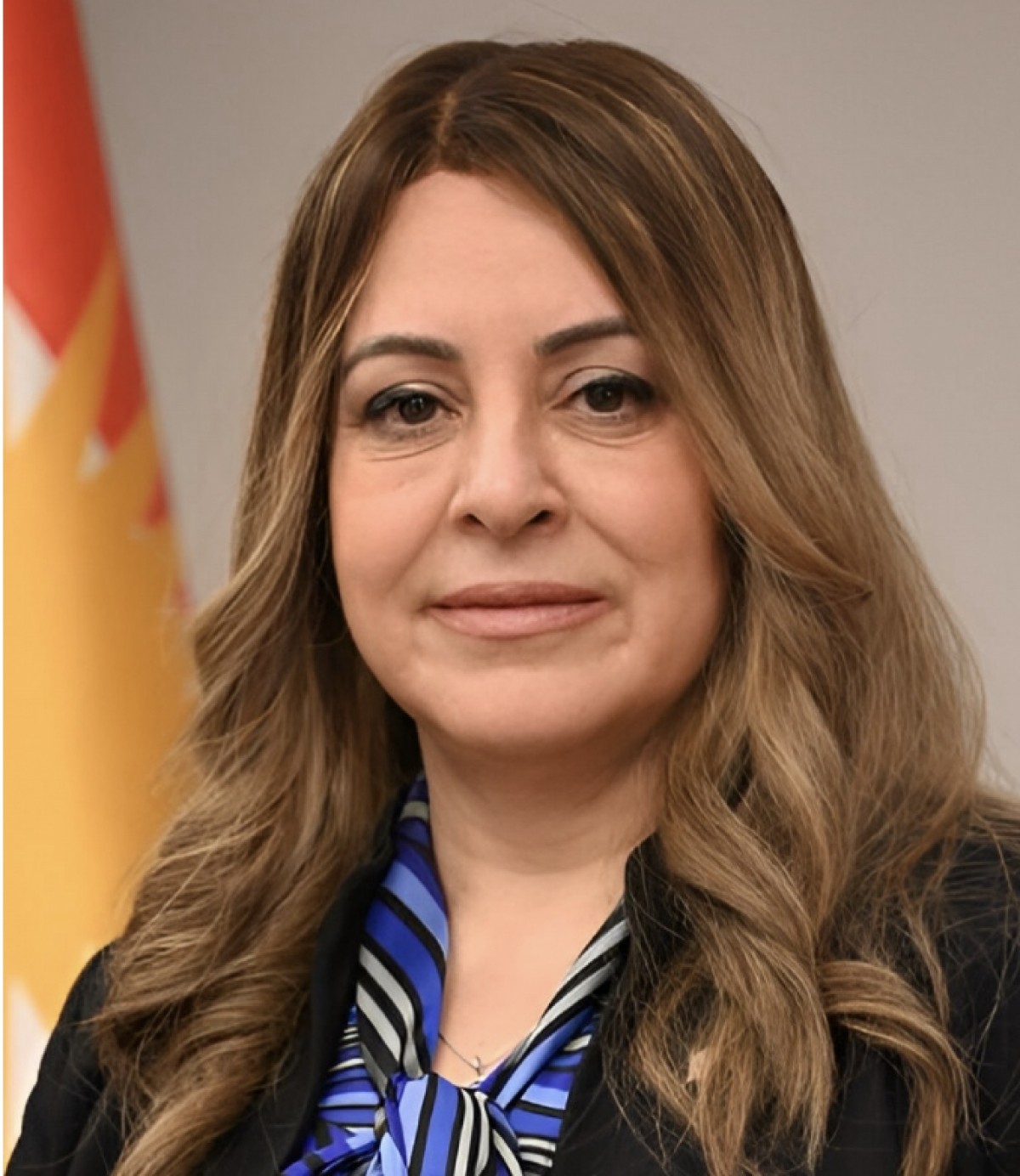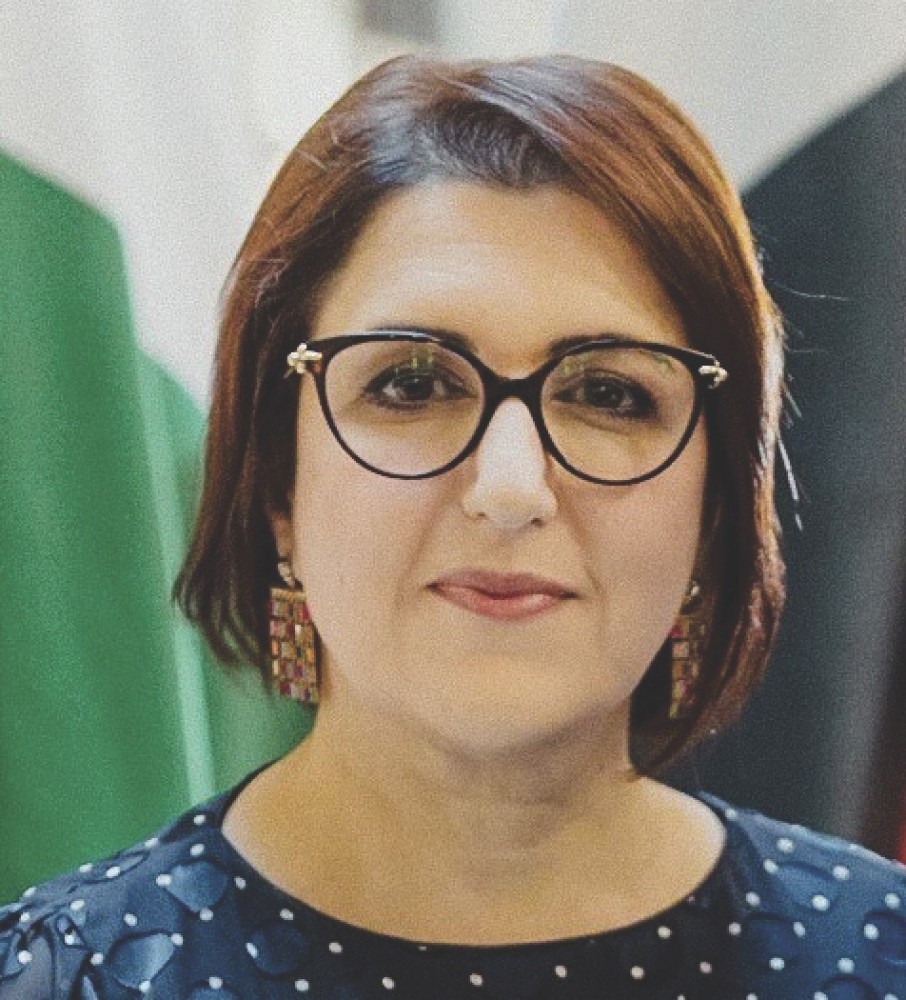With the War on Terror having been phased out in Iraq in 2017 after the Battle for Mosul, it seemed that the Kurdistan Region faded from the West’s collective geopolitical attention. The focus shifted to NATO’s eastern flank and Taiwan, with US foreign policy makers seemingly relieved to have finally left Iraq and its complicated legacy behind. Arguably, this was a mistake.
The Kurdistan Region in Iraq and beyond remains of geostrategic importance in the new age of great power competition. It is here that Russian/Iranian proxies and US patrols meet face-to-face with loosely defined rules of engagement. It is here where largely untapped oil- and gas fields lie that can contribute to Europe’s ongoing energy-diversification project. It is here where the United States can still block a complete Iranian Shia Crescent and contribute to regional security.
As it stands, the Kurdistan Region is also the United States’ only success story in Iraq after decades of failed foreign policies and thousands of US and British combat deaths. Yet, given the indecisiveness of the United States and Europe towards the Kurdistan Region, it is on the verge of sliding beyond Western political influence, with Russia, Iran and Turkey all competing to control Kurdistan.
Right now, the United States and Europe are at a crossroads. Either the Kurdistan Region is declared a vital partner and stabilized with political and economic deals or the emerging Russian-Iranian axis will increase its hold over the region and ultimately replace the United States as its hegemon. If the United States and Europe decide to hold up their end of a long, historically grounded deal and acknowledge their responsibilities towards the Kurds, there is a simple solution for how it can be accomplished without a large military footprint.
While Western loyalties are often fleeting, many Kurds still have a genuinely positive attitude towards the United States, the UK, and their armed forces. In all three US-led interventions in Iraq in 1991, 2003, and 2014, Kurdish peshmerga forces were exceptionally loyal partners on the ground. Again, unlike in other theaters, no US soldiers died in combat in the Kurdistan Region.
In recent history, the bond between the Kurds and the US military goes back to the 1990s, when Saddam Hussain took revenge on the Kurds and Shia Arabs for their uprising in the aftermath of the Gulf War, during which a US-led alliance had liberated Kuwait from aggressive Iraqi forces. With Saddam’s army weakened by US and British jets and inspired by President George W. Bush’s call for a popular uprising against the hated Iraqi dictator, the Kurds in the north of the country rolled out an armed insurgency.
Organized by two main Kurdish political parties, peshmerga forces quickly evicted Saddam’s representatives first from the Kurdish mountain strongholds and then their cities. Humiliated globally after his defeat by the US air force, Saddam turned on the Kurds and brutally crushed the uprising in an attempt to re-consolidate power over his country. The lightly armored Kurdish fighters could not hold the lines against Iraq’s tanks and helicopter gunships, and soon hundreds of thousands of civilians were fleeing the cities into the mountains, their historic haven.
Responding to the quickly escalating humanitarian crisis in 1991, the United States, Britain and France introduced a no-fly zone that kept Saddam’s helicopter gunships grounded. Using shoulder-held anti-tank weapons and mines, the peshmerga were able to close the first mountain passes for the Iraqi tanks, which then had to advance without aircover. Thus, enabled by the patrolling US and British jets, the peshmerga liberated the Zagros mountains without asking the West for any charity or ground forces. All the Kurds needed was for the United States to hold its promise and keep Saddam’s feared helicopters on the ground. Free for the first time in decades, the refugee communities in the rugged Kurdish heartland became the nucleus for Kurdistan’s first democratic structures, which later evolved into the current Kurdish parliament in Erbil.
In 2003, US ground forces and peshmerga eventually liberated Kurdish cities from Saddam’s Iraqi rule, and continually holding its protective hand over Kurdistan, the United States helped to extend the space in which Kurdish democracy could grow. Acknowledging the value of its Kurdish allies, the US hegemon formalized Kurdish autonomy in the post-2003 Iraqi constitution, laying out steps to resolve tensions with the Iran-controlled central government in Baghdad that center around the status of oil-rich Kirkuk and the distribution of Iraq’s oil revenue among the nation’s different ethnic groups. The problem was, with America’s premature withdrawal in 2011, those policies were never implemented and institutionalized. Consequently, the economic situation in the Kurdistan Region unraveled soon after the US withdrawal, and the Kurds have remained disenfranchised from Baghdad ever since.
Beginning in 2013, the central government in Baghdad withheld much of the Kurdish portion of Iraq’s oil revenues. Suddenly left with no budget to provide services or pay salaries, the Kurdistan Region plummeted into a severe economic crisis that is leaving a generation without prospects and is making political progress impossible. Although the US military enabled the initiation of Kurdish democracy, its hasty withdrawal left this democratization project on life support.
The United States’ and Europe’s gateway to Kurdistan is their historic connection to Kurdish democracy and the discourse of political autonomy and federalism that the US helped craft in 2003. Instead of enforcing their own version of democracy, the United States simply created space in which the Kurds could launch their own organically grown democratization.
By committing to a partnership with the Kurdistan Region, the United States would not need to deploy a large military force. It only needs to keep the promises regarding Kurdish autonomy. If that is impossible because the United States has lost its influence in Baghdad, oil- and gas-based deals can make up for the lost budget, creating a win-win situation.
In return, the United States gets a sustainable partnership and keeps a strong foothold in the Middle East. With Iran and Turkey expanding aggressively and Saudi Arabia flirting with China, America does not have many such partners left in the Middle East. Yet, given the inevitable confrontation between Israel and Iran, it cannot ignore the Middle East quite yet.
Till “Baz” Paasche is a German security expert and has a PhD in geography. He lived in the Kurdistan Region between 2013 and 2017. His recent books Transecting Securitycapes with the University of Georgia Press and America’s War in Syria with Casemate both discuss the ongoing geopolitical reshuffling in the Middle East.

